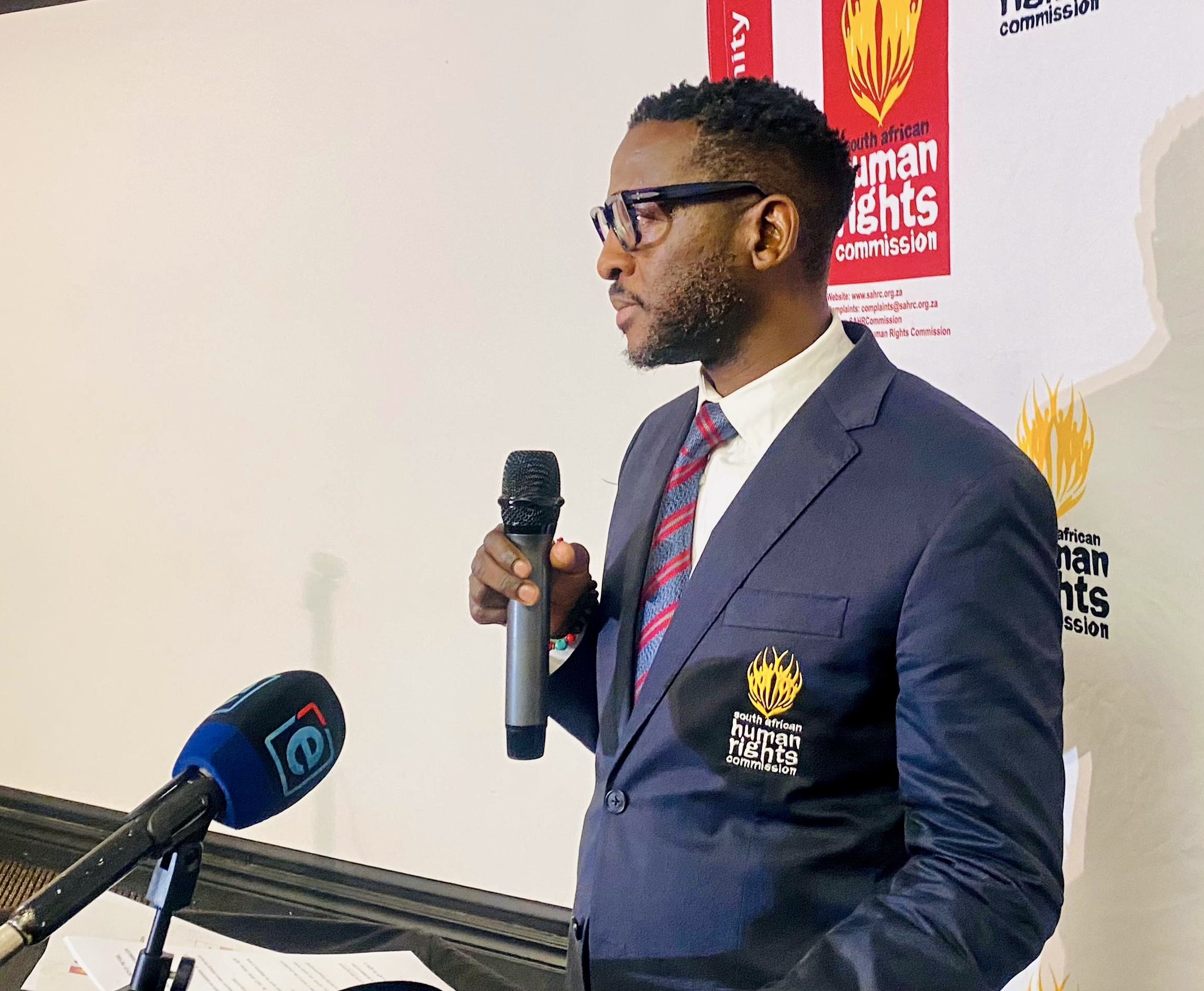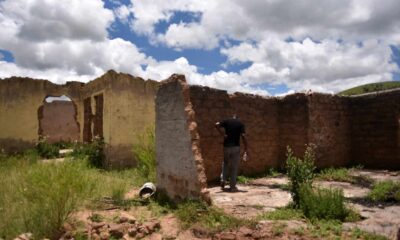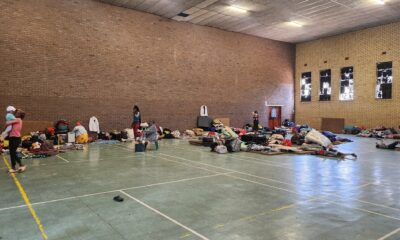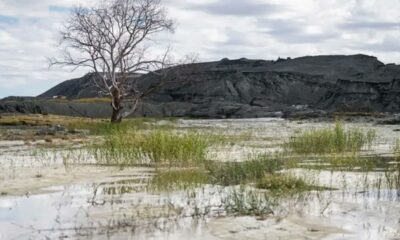News
SAHRC Slammed for Hartbeespoort Land Probe: Community Alleges ‘Dishonesty’

Hartbeespoort Land Row Deepens as SAHRC Faces Accusations of ‘Dishonesty’ and Deflection
Community claims racial discrimination confirmed, but not corrected
The long-running fight over state-owned land at Hartbeespoort Dam has erupted once again, this time with the South African Human Rights Commission (SAHRC) squarely in the firing line.
A report that many hoped would bring long-overdue closure has instead reopened old wounds, with complainants accusing the commission of dishonesty, evasiveness and ironically the same failure of accountability they were trying to expose.
For years, black applicants have argued that they were repeatedly overlooked for leasing opportunities along the Dam’s coveted shoreline, while white occupants allegedly enjoyed continuity, expansion and preferential treatment. Now, even with the SAHRC confirming that unfair racial discrimination did occur, community members say the report has done little more than argue around the edges of the real issue.
And according to the people who brought the complaint forward, the fight is far from over.
A Damning Report and a Deep Sense of Betrayal
The commission’s final findings, released this week, appear on paper to be a victory for the complainants. The SAHRC acknowledges clear patterns of exclusion and unequal treatment in land allocation. It confirms historical imbalances that affected black residents and businesses.
But the moment that should have felt like vindication instead felt like a hollow victory.
“We submitted nearly 400 pages of evidence,” said Hartbeespoort Community Development Initiative leader Mmeli Mdluli, “but I don’t think they read everything. They were overwhelmed. They took a shortcut.”
For Mdluli and many others, it is not just about leases, it’s about dignity, recognition, and the legitimacy of their experiences. The community spent seven years fighting to be heard. To them, the SAHRC responded with a document that admits wrongdoing but offers no meaningful pathway to justice.
A Timeline That Feels Like Erasure
The dispute has now shifted into what feels like a bureaucratic tug-of-war over dates, submissions and technicalities.
The original complaint was lodged in 2019, investigated for two years, and then stalled when the SAHRC’s North West manager resigned in 2021. When Mdluli pushed again in 2023, even approaching the Competition Commission, the matter was redirected back to the SAHRC.
Now the commission insists the current investigation is based on a “2023 complaint.”
To the community, that phrasing feels like a rewriting of history.
“When they say it started in 2023, that’s not true,” Mdluli stressed. “It erases the years we waited while others got leases handed to them.”
On social media, the response has been sharp:
“How do you confirm discrimination but exonerate yourselves?” one user posted on X.
“We don’t need acknowledgements; we need correction,” wrote another.
For many locals, the issue touches a deeper nerve, the slow, often painful pace of land reform and the persistent feeling that administrative systems remain stacked against black applicants.
Accusations, Threats and a Breakdown of Trust
Tensions worsened in October when SAHRC North West manager Shirley Mlombo sent a letter reminding complainants that attempting to influence or pressure the commission’s findings could be considered an offence one punishable by up to six months in prison.
Mdluli says this warning felt like intimidation.
“I took this as a threat,” he said. “Instead of addressing the complaint, they were telling us to keep quiet.”
For many in the community, the exchange highlighted a breakdown of trust between an institution meant to defend human rights and the citizens it is meant to protect.
SAHRC Responds: ‘We Followed the Law’
The SAHRC, meanwhile, has denied any wrongdoing.
Spokesperson Wisani Baloyi insists the commission acted within its constitutional mandate, clarifying that:
-
a similar complaint was finalised in 2021,
-
a new one was filed in 2023,
-
and there was no intention to mislead or ignore any citizen.
Baloyi also pointed out that Mdluli was invited to testify at a subpoena hearing, but did not attend.
The commission maintains that the investigation was thorough and that public participation formed only part of the process.
Government Steps In Slowly
While the SAHRC defends its process, the Department of Water and Sanitation (DWS) says it is reviewing the findings and has already started implementing some directives.
A multi-stakeholder steering committee, led by Deputy Minister David Mahlobo, has been established to address lease management, business operations, and community issues around the Hartbeespoort Dam.
DWS insists it is committed to ensuring all actions align with constitutional principles of fairness and equality.
But patience in the community is wearing thin. As one resident noted on Facebook:
“We’ve been ‘reviewing’ and ‘processing’ since 2019. At this point, we want results.”
A Community Still Fighting for Fairness
The Hartbeespoort land dispute is no longer simply a question of who gets to lease land. It has become a symbol of how post-apartheid institutions respond to inequity, and whether communities can trust state bodies to deliver justice.
The SAHRC may have confirmed discrimination, but for many locals, that confirmation rings hollow without accountability or a plan for meaningful redress.
And until those gaps are closed, the shoreline of Hartbeespoort Dam will remain more than a scenic backdrop. It will be a reminder of South Africa’s ongoing struggle to turn constitutional rights into lived reality.
{Source: The Citizen}
Follow Joburg ETC on Facebook, Twitter , TikTok and Instagram
For more News in Johannesburg, visit joburgetc.com



























